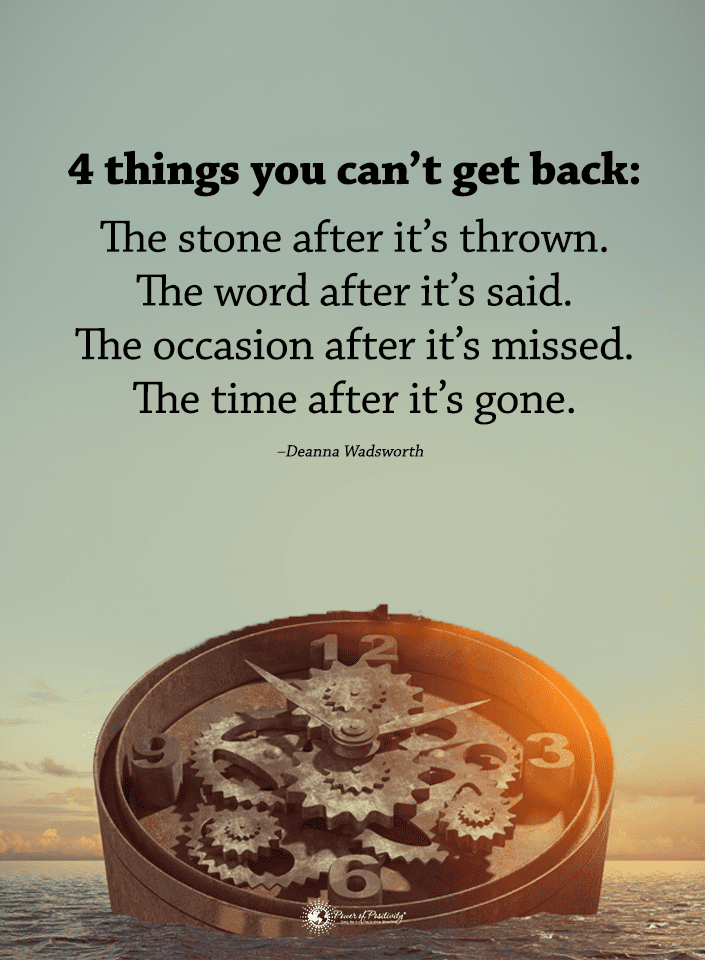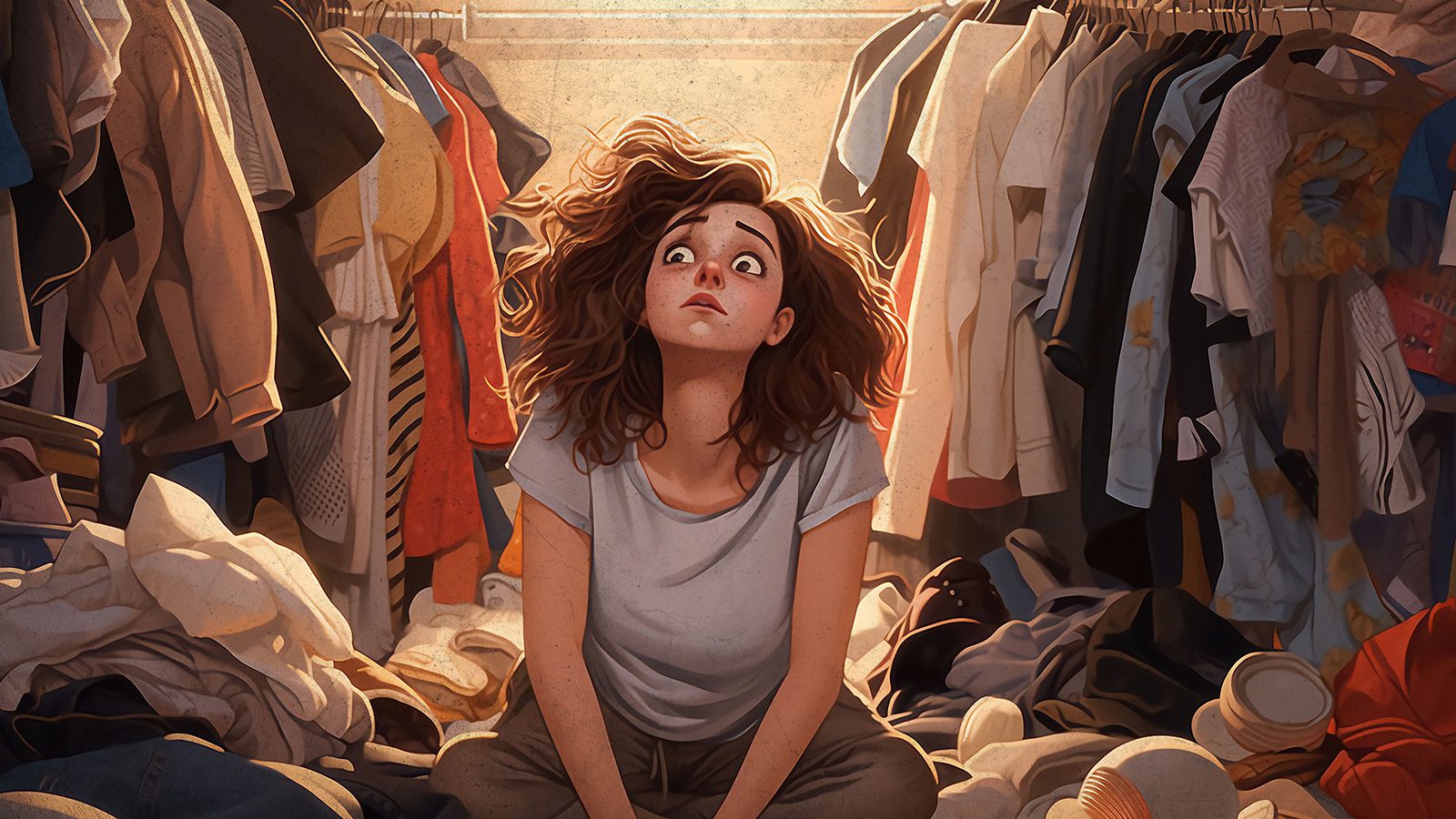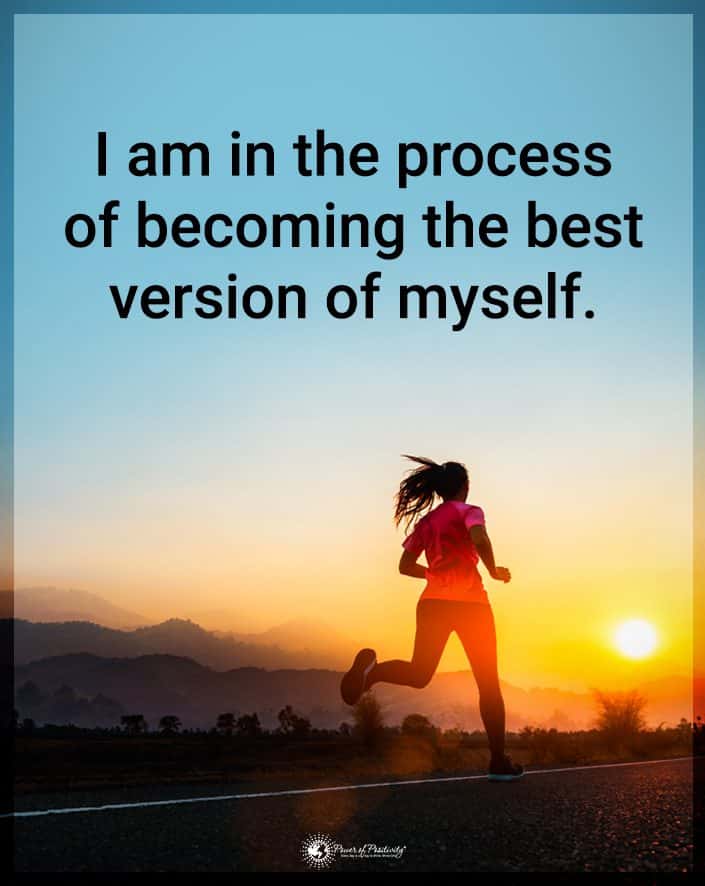Learn why decluttering is so good for you.
Is it time for you to declutter? Picture your mind as a road map. Next, imagine each connecting highway weighed down by unnecessary signage, confusing detours, and impatient drivers beep-beeping at you as you navigate. It feels overwhelming. That’s precisely the impact a cluttered living space can have on our psyche. It also helps illustrate why decluttering that map leads to safer travels.
As we live in an era that seems perpetually busy and overwhelming, the sanctuary of a decluttered home becomes ever more vital. Modern psychology has begun to unearth our physical environment’s profound influence on our mental and emotional state.
This article explores why taking the time to declutter your space isn’t just about aesthetics or making room for new things but also about fostering a healthier mind and soul.
The Psychological Underpinnings of Clutter
Our surroundings are a mirror of our mental state. Each item in our space, whether a beloved souvenir or unattended paperwork, holds psychological significance. But when objects accumulate to the point of creating clutter, it becomes a visual representation of internal chaos. Thus, it affects our mental health and cognitive processes more than we realize.
Numerous studies have demonstrated the correlation between cluttered spaces and heightened stress levels. When faced with an overwhelming environment, the brain perceives it as a task demanding attention. This constant reminder of ‘unfinished business’ can lead to feelings of anxiety and procrastination, further exacerbating the problem.
Studies also note that it’s more important to declutter as one ages. Too many things can hold older adults back, mired in things they no longer need.
Furthermore, clutter acts as a sensory overload. The excess stimuli from a cluttered space can disrupt our focus. Thus, it becomes challenging to process information and execute tasks efficiently. This scattered attention can lead to frustration and decreased productivity, further affecting self-esteem and overall mood.
But it isn’t all doom and gloom. Recognizing clutter’s profound effects on our psychological well-being is the first step towards remedying the situation. By understanding the therapeutic power of decluttering, one can embark on a journey to create a serene environment. As a result, one can achieve mental clarity and peace.

The Therapeutic Power When You Declutter
We aren’t just making physical space when we remove all those extra items from our surroundings. Instead, we create mental and emotional room for clarity, growth, and rejuvenation. Think of decluttering as a healing ritual – each item you part with represents letting go of past burdens and making way for new possibilities.
There’s something deeply cathartic about the act of decluttering. It’s not just about getting rid of old clothes or unused gadgets. Instead, it symbolizes shedding old identities, outdated beliefs, and emotional baggage. You affirm your growth when you let go of something that no longer serves you. You also start to prioritize your well-being.
Moreover, decluttering can be a grounding exercise. That’s because it empowers individuals to be present in the moment. The process of sorting, organizing, and deciding what to keep or discard encourages introspection. It compels one to evaluate what truly matters in life and what adds noise. That can lead to a crystal clear understanding of oneself and one’s values.
Lastly, a decluttered space is a visual reward, a serene environment that fosters creativity, focus, and relaxation. Without the constant visual reminders of tasks left undone or memories that no longer serve a purpose, the mind is free to wander, innovate, and rest.
Embracing the therapeutic aspects of decluttering sets the stage for a ripple effect in other areas of life, including fostering a more positive outlook and strengthening relationships.
Decluttering and Positive Thinking
Our surroundings profoundly influence our mindset. A clutter-free environment naturally breeds a more optimistic and forward-looking perspective. The mind feels lighter when the eyes are not constantly darting to piles of unsorted laundry or stacks of old magazines. As a result, you may feel free from chaos or disorder.
A decluttered space is a confirmation of one’s ability to take control. It’s an external affirmation that despite the chaos of the outside world, one’s sanctuary can be orderly, calm, and rejuvenating. This sense of achievement is such a simple act. Still, it can boost one’s confidence and self-efficacy.
Furthermore, you see immediate, tangible results when you declutter. In a world where many of our efforts often don’t bear visible fruits immediately, transforming a chaotic room into a harmonious space offers instant gratification. Thus, it serves as a motivation booster. It encourages individuals to tackle other areas of their lives with renewed vigor and enthusiasm.
But the benefits of decluttering aren’t limited to the individual alone. The ripple effects of such a positive environment can also touch the lives of those we share our space with, enriching our relationships.
Impacts on Relationships
Living in a shared space with family, a partner, or roommates means our environments impact more than ourselves. The clutter in shared areas becomes a collective experience, and all inhabitants share its negative and positive effects.
When a home is cluttered, tensions can rise. The constant sight of disorder can become a silent point of contention, leading to unspoken frustrations. These can manifest as small, seemingly unrelated disagreements or irritations. The underlying cause? A shared environment that feels chaotic and overwhelming.
Here’s the good news – you can declutter together. In fact, it can be a bonding experience. When household members come together to sort, organize, and beautify their shared space, they engage in teamwork. This collaborative effort creates a more harmonious living environment and strengthens interpersonal bonds. It’s an exercise in understanding, compromise, and shared decision-making.
Moreover, a decluttered, peaceful home creates an atmosphere conducive to quality time. Families and couples often find it easier to engage in meaningful conversations, share activities, or relax together in a serene setting without the distractions of clutter.
So, a decluttered space fosters individual peace and collective harmony, making relationships more fulfilling and less fraught with unnecessary stressors.
Practical Tips on How to Declutter Your Spaces

Starting the decluttering journey can sometimes seem daunting. But with the right approach, it can become a refreshing process. Here are some actionable steps to guide you on this transformative journey:
Start Small When You Declutter
Instead of overhauling an entire room or house at once, begin with a single drawer, shelf, or corner. The satisfaction of completing a small area will motivate you to tackle more sizable projects.
Categorize Things as You Declutter
Group items based on their function. Whether it’s clothing, kitchenware, or paperwork, sorting them into categories can make the decluttering process systematic and efficient.
Ask the Tough Questions While Decluttering
When deciding what to keep or discard, ask yourself: “Have I used this in the past year?”, “Does this item bring me happiness or serve a purpose?”, and “Would I buy this again today?”
Designate a Place for Everything as You Declutter
After sorting and purging, ensure every item you keep has a designated spot. That not only helps maintain the decluttered space but also makes it easier to find items when you need them.
Practice the One In, One Out Rule for Decluttering
Once you declutter your spaces, try to adopt a habit where an old one must go for every new item you bring in. That’s because you’ll better maintain a balance and prevent accumulating unnecessary items.
Routine Checks While You Declutter
Schedule regular decluttering sessions, whether monthly or seasonally, to keep your space in check. This ensures that clutter doesn’t creep back in unnoticed.
Try Digital Solutions to Declutter
Consider digitizing paperwork, photos, and other items when possible. This reduces physical clutter and makes items more accessible and easier to keep organized.
Decluttering is not about striving for perfection but rather about creating a space that feels harmonious, functional, and reflective of who you are. It’s a continuous journey of evaluating, adjusting, and evolving.
Learn to Love Minimalism After You Declutter
Consider adopting a minimalist mindset, focusing on quality over quantity. Instead of accumulating more, prioritize items that truly add value to your life, both functionally and aesthetically. You naturally keep your space decluttered by reducing the desire to acquire excess.
Set Decluttering Goals
Having clear objectives can be a driving force. Whether clearing out a specific room by a certain date or setting a goal to donate a set number of items each month, these targets can offer direction and motivation during decluttering. Celebrating these milestones, no matter how small, can also provide a sense of achievement and encouragement to continue.
Final Thoughts on Why You Should Declutter Your Home
The act of decluttering transcends mere organization. It’s a journey towards mental clarity, positive thinking, and enriched relationships. In the hustle and bustle of modern life, taking the time to declutter our spaces can become a transformative practice. The act of decluttering allows us to reconnect with ourselves, our values, and our loved ones. By embracing this practice, we create beautiful, functional spaces and foster a mindset that paves the way for growth, happiness, and holistic well-being.



















